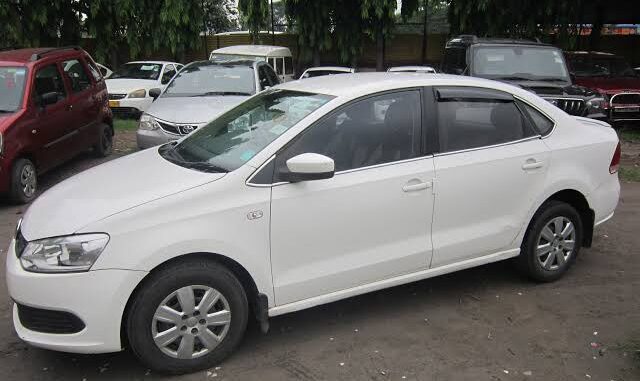
Purchasing a used car can be an exciting and cost-effective decision in Nigeria. Whether you’re looking for a reliable daily commuter or a stylish upgrade, buying a used car offers numerous advantages. However, it is crucial to ensure that you gather all the necessary documents during the purchase process. These documents not only provide legal protection but also help verify the authenticity of the vehicle. To help you make a well-informed buying decision, we have compiled a list of important documents you should collect when buying a used car in Nigeria.
1. Vehicle Registration Documents:
The first and most critical document you should request from the seller is the Vehicle Registration Documents. This includes the Vehicle Registration Certificate, commonly known as the “Vehicle License.” This document provides proof of ownership and contains vital details about the car, such as the chassis number, engine number, vehicle color, and registration number. Verify that the information on the document matches the details of the car you intend to purchase.
2. Valid Road Worthiness Certificate:
Ensure that the seller provides a valid Road Worthiness Certificate for the vehicle. This document certifies that the car has passed a roadworthiness test, indicating that it is in a safe condition to be driven on Nigerian roads. The certificate typically includes details such as the date of issuance, the expiration date, and the name of the testing center.
3. Valid Vehicle Insurance:
Request the seller to provide the valid Vehicle Insurance documents. In Nigeria, it is mandatory to have at least a Third-Party Motor Insurance policy for every vehicle. This insurance provides coverage for any damages caused to a third party in the event of an accident. Verify that the insurance policy is valid and up to date, as driving without valid insurance is against the law.
4. Proof of Ownership Transfer:
When buying a used car, it is essential to ensure that the seller has the legal authority to sell the vehicle. Ask for proof of ownership transfer, such as a Sales Agreement or a Deed of Transfer. This document should include details of the seller and buyer, the vehicle’s description, the sale price, and the date of transfer. Both parties should sign and retain a copy of this document.
5. Vehicle Identification Number (VIN) Check:
Conduct a thorough VIN check to verify the authenticity of the vehicle. The VIN is a unique 17-digit code assigned to each vehicle, containing information about its manufacturing details and history. You can use online resources or visit the nearest Vehicle Inspection Office to perform this check. Ensure that the VIN on the registration documents matches the number on the car’s chassis.
6. Original Customs Papers (If Applicable):
If the used car you are buying is an imported vehicle, request the original Customs papers from the seller. These documents prove that the car has gone through the necessary customs clearance procedures and has been legally imported into the country. Ensure that the Customs papers are authentic and match the details of the vehicle.
7. Service History and Maintenance Records:
Although not a legal requirement, it is advisable to ask the seller for the service history and maintenance records of the car. These documents provide insights into the vehicle’s maintenance and repair history, allowing you to gauge its overall condition and how well it has been taken care of by previous owners.
By collecting these essential documents when buying a used car in Nigeria, you can ensure a smooth and legally compliant transaction. It is also recommended to consult with a trusted mechanic or a professional vehicle inspection service to conduct a thorough inspection of the car before finalizing the purchase. This will help identify any hidden issues or potential problems with the vehicle.
Remember, purchasing a used car requires careful consideration and due diligence. It is always better to be well-informed and take the necessary precautions to protect your investment. By gathering the right documents and
Performing the required checks, you can make a confident decision and enjoy your new ride with peace of mind.








Leave a Reply